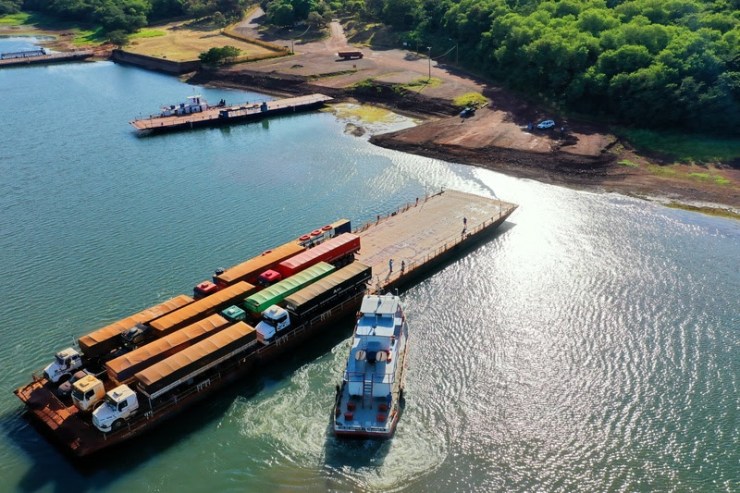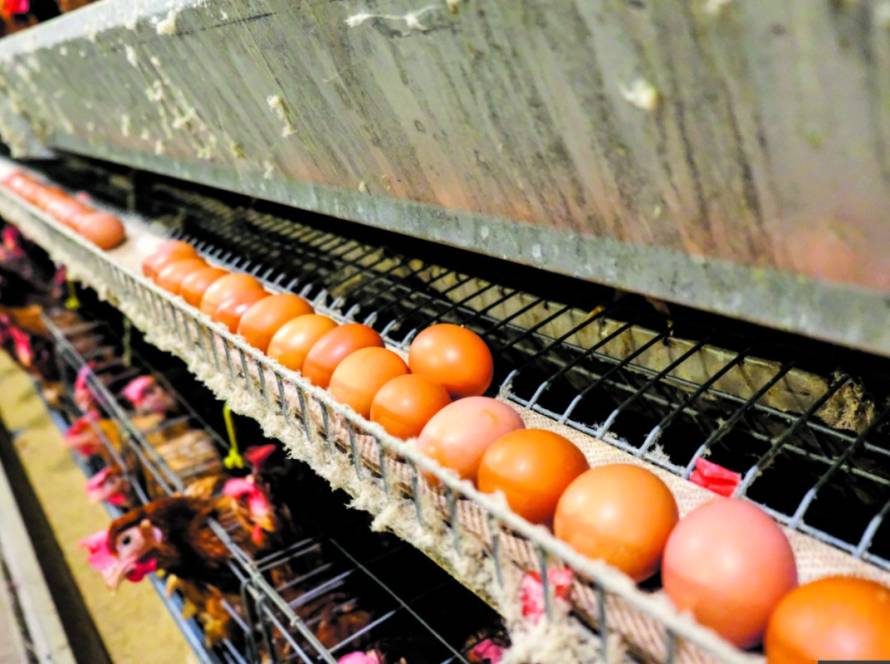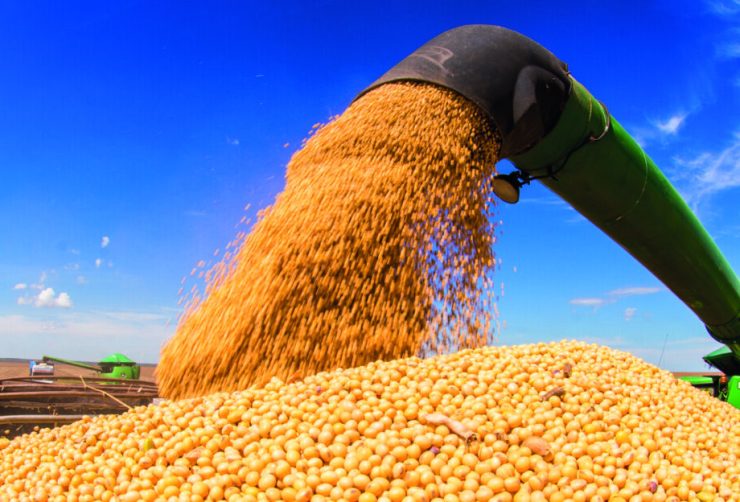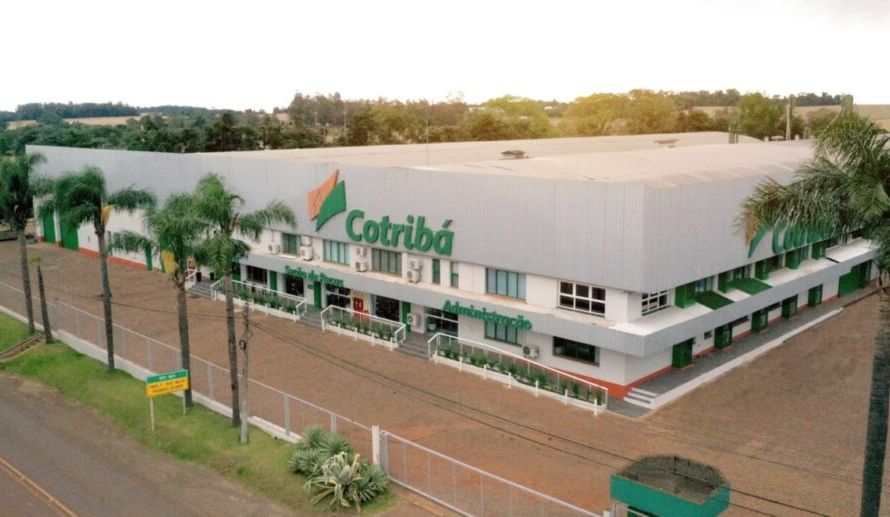The Ministry of Agriculture and Livestock (Mapa) oversaw one of the largest agricultural product disposal operations ever carried out at the Port of Paranaguá, in Paraná, on August 6. Around seven thousand tons of soybeans and soybean meal, seized in April during a joint operation by Mapa and the Federal Police, are being transported to the municipality of Araras (SP), for controlled disposal through composting.
Approximately 150 trips will be required by bi-train trucks to Sociedade Industrial de Fertilizantes Ltda (Ciafértil), a company registered with Mapa, where the disposal of seized products will be carried out through recycling, with the transformation of deteriorated and adulterated items into organic fertilizer through the composting technique, strictly following the established protocols, with an emphasis on the quality and safety of the fertilizer generated.
The seizure was prompted by an attempt to reinsert cargo rejected for poor quality into the port's logistics flow. The irregularities included the presence of sand, evidence of intentional adulteration, and poor sanitary conditions, such as accumulation of unseparated product, puddles of water, bird droppings, dead rodents, and a lack of document traceability.
The case is being processed in the 13th Federal Court of Curitiba and, since the seizure, has been technically monitored by MAPA. Although the disposal has already been carried out by court order, investigations to determine the responsibilities of all those involved continue.
Auditors from the Plant-Based Products Inspection Service (Sipov/PR), the 8th Animal-Based Products Inspection Service (Sipoa), and the National Supply Company (Conab) confirmed the irregularities and justified the final disposal. According to Fernando Mendes, head of Sipov/PR, the measure preserves Brazil's image as a reliable supplier of agricultural products, reinforcing commitments to traceability, health safety, and combating fraud.
The entire disposal process of seized products is monitored by MAPA auditors at every stage, focusing on reception and disposal at a composting facility in São Paulo. Auditors from the Vigifronteiras Program and the Plant Health and Input Inspection Service (SISV-SP) oversee the operation, documenting each stage with photos and ensuring strict traceability, in full compliance with Brazilian legislation and international protocols.
The Port of Paranaguá achieves a historic record in cargo movement, while simultaneously destroying seized goods. The reliability of the port's quality control system has driven an increase in operational flow, attracting new shipments and logistics activities.





